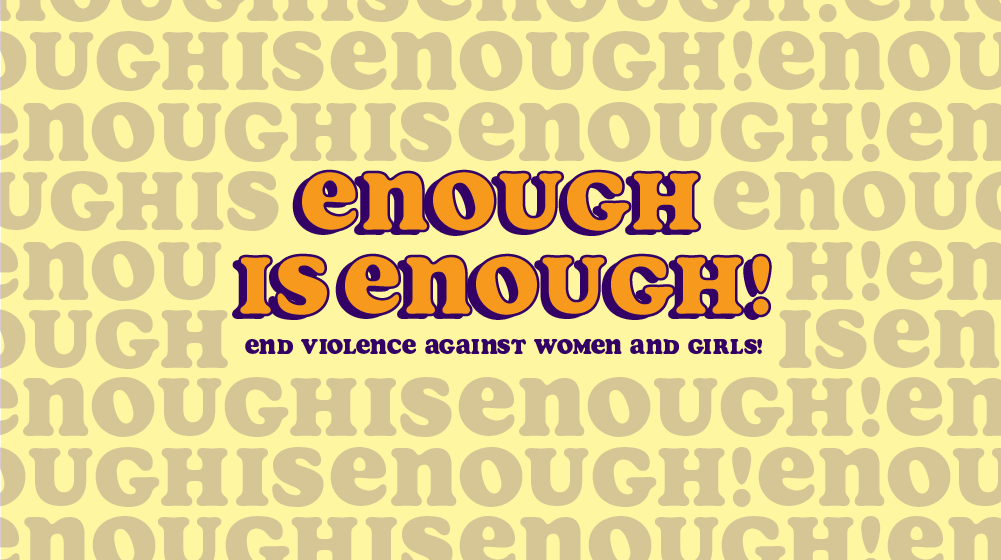Use of toll free/ hotline to tackle SGBV in Mahama Camp
Violence against women and girls is one of the most prevalent human rights violations in the world. It knows no social, economic or national boundaries. Worldwide, an estimated one in three women will experience physical or sexual abuse in her lifetime. Gender-based violence undermines the health, dignity, security and autonomy of its victims, yet it remains shrouded in a culture of silence. Victims of violence can suffer sexual and reproductive health consequences, including forced and unwanted pregnancies, unsafe abortions, traumatic fistula, sexually transmitted infections including HIV, and even death.
On 26 November 2020, Rwanda joined the rest of the world to launch the 16 Days of activism against Gender Based Violence under the theme: ‘Let’s build a family free of Gender Based Violence’. GBV remains a big concern in Rwanda although a lot has been put in place in terms of policies, laws and programmes. For instance, the Government has adopted a gender sensitive constitution, which provides for equal treatment between males, females, boys and girls.
UNFPA is one of the UN's lead agencies working to further gender equality and women’s empowerment, and to address the physical and emotional consequences of gender-based violence. UNFPA’s programmes offer psychosocial assistance, medical treatment and rape kits to survivors, and promote the right of all women and girls to live free of violence and abuse.
In 2018 UNFPA in partnership with Alight Rwanda, facilitated the installation of an anonymous hotline 4433, a 24-hour toll-free to respond to/prevent sexual and gender-based violence (SGBV) in Mahama refugee camp.
The goal of the SGBV hotline is to involve the camp community in the fight against sexual violence and other forms of violence committed against women and children, by ensuring early reporting of all the cases and to ensure that all forms of violence are ended by bringing in a platform that will enable the camp community to speak freely about the issues affecting them.
“The SGBV hotline has helped and played a remarkable role in making a link between the refugees communities to the Alight GBV services, the hotline number has been communicated to the refugees with various ways aiming to raise awareness on its importance as another GBV reporting channel” : Said Mr. Jacques Iyakarememye, SGBV-Protection officer- Alight Rwanda
COVID-19 pandemic has escalated the current GBV gaps, including but not limited to access to GBV prevention and response services. During the pandemic, lockdown, curfews and other restrictions on movement are deemed necessary preventative health measures that can save millions of lives. For women and girls, however, they are also sources of increased risk of violence. UNFPA estimates that six months of lockdowns could lead to 31 million additional cases of gender-based violence, and an additional 15 million more cases for every three months the lockdown continues. UNFPA and partners are working to continue services for survivors wherever possible, and to increase remote operations.
“We must do better. It is time to stand up and say enough to violence not just on one day, but 365 days a year. We must prevent violence. And until we end it, we must provide everything women and girls need to survive and recover, from physical and mental health care to legal aid and support for regaining livelihoods” : Mark Bryan Schreiner, UNFPA Representative to Rwanda.
During the lockdown period, the 4433 Hotline has become a much-needed tool that has helped in maintaining remote case management and following up on survivors. During that period, it helped the case workers in continuing to communicate with the survivors and monitor them and provide them with appropriate assistance. All cases received in April and May, some of those of June and July 2020 were received and managed through Hotline.
During this critical period the GBV hotline was the one and only way to keep communicating with the GBV survivors to continue remote case management and coordinate prevention activities by playing audio messages in Mahama Camp.
“Among the feedback collected from GBV survivors, they mentioned that some of them are threatened by their husbands to not report GBV issues, that is why some of them choose to use the hotline to ask for help with the maximum confidentiality” : Mr. Iyakaremye Said
“This also has helped male who usually don’t report physically to the GBV services but instead use phone and get secret appointment by the Alight Case Workers.” :He added
Since the beginning of the pandemic, the hotline services have improved: in addition to incoming calls now the hotline can make outgoing calls to provide feedback to the caller using the same number. The Hotline has extended to other lines users not only MTN, and it has also been beneficial to men, who became more aware of the violence against them and how to report and get help.


